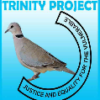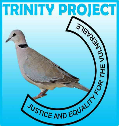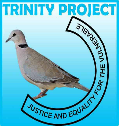
for the vulnerable.

for the vulnerable.

for the vulnerable.
Trinity Project is formally registered as a Private Voluntary organization (PVO)
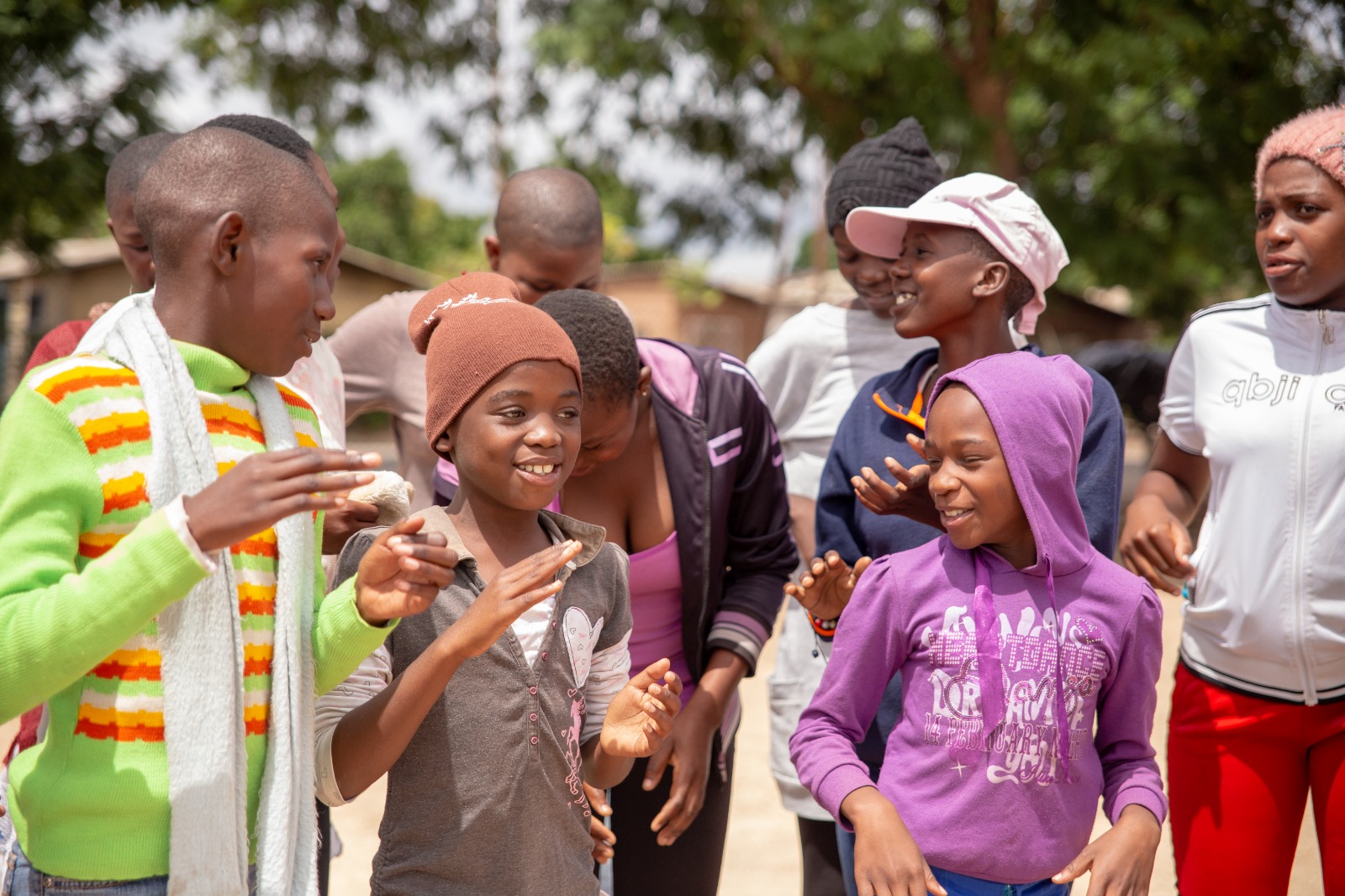
Trinity Project is formally registered as a Private Voluntary organization (PVO) with the Government of Zimbabwe and it has Memorandum of Understanding (MOUs) with Local Authorities including Umguza, Bubi, and Insiza and Umzingwane districts. The organization has a well-established governance and management structures. Trinity Project’s Board is supportive, and its staff is qualified, motivated and works collaboratively. Over time, Trinity Project has also built institutional capacity to strengthen other community-based organizations ability to deal with child rights protection issues.
Stakeholder Management and Networking
The organisation has strong networking and good leadership skills. At present the organisation sits in the boards of the Zimbabwe National Council for the Welfare of the Children (ZNCWC), Matabeleland Council for Welfare of the Child (Board Member and former Chairperson) and is the Board Secretary of the Zimbabwe National Council for the Welfare of Children at the national level. This has positioned Trinity Project well among other civic organisations such that it can influence local and national level civic society policy decision making processes. The organisation’s operations are grossly embedded within local communities, and this has enabled the organisation to build strong relations with community stakeholders including gatekeepers such as traditional leaders, church leaders, and local authorities.
Project relevance
The organisation’s projects are relevant to local context needs. This is because of the organisation’s strong community-oriented programming where communities themselves champion the identification and implementation of activities from their needs perspectives. Thus, encouraging high level community buy-in and intervention ownership.
Donor relations and accountability
Trinity Project has strong financial and administrative tools including Finance Manual, Safeguarding Policy, Child Protection Policy, Whistle Blower Policy, Human Resource Manual, and a Volunteer Policy. These have made the organization’s administrative efficiency effective. The organization has also gained experience and improved relations with donors including Christian Education Development And Relief FUND (Hong Kong), Foreign Common Wealth and Development Office (FCDO) (through Zimbabwe Educational Trust). Annual audits are carried out consistently and this has contributed to strengthened financial accountability. Below are specific institutional strengths and weaknesses.
Overcoming the challenges associated with delayed birth registration.
We partner with CEDAR FUND HONG KONG in the following areas of operation: Bubi and Umguza Districts Matabeleland North. Project activities included awareness-raising, Advocacy, direct support and court support services.
To empowering people
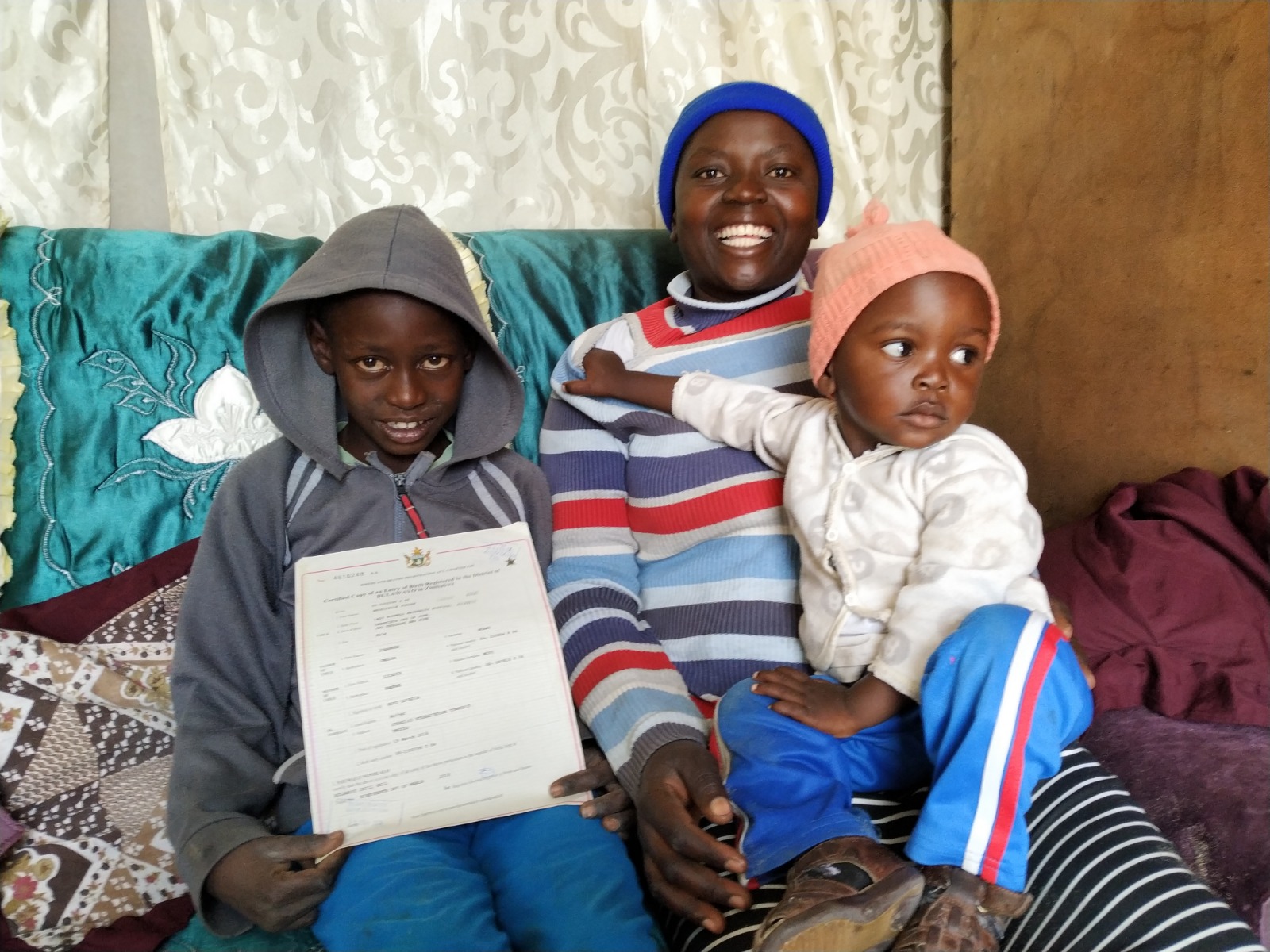
Child rights governance and Child Protection
Child rights cannot be fully realized without effective, transparent, and accountable governance mechanisms, hence to effectively improve the rights of children particularly girls and other vulnerable children, Trinity Project interventions are guided by the policy and legislative frameworks governing or guiding child rights and protection at global, continental, regional and national levels.
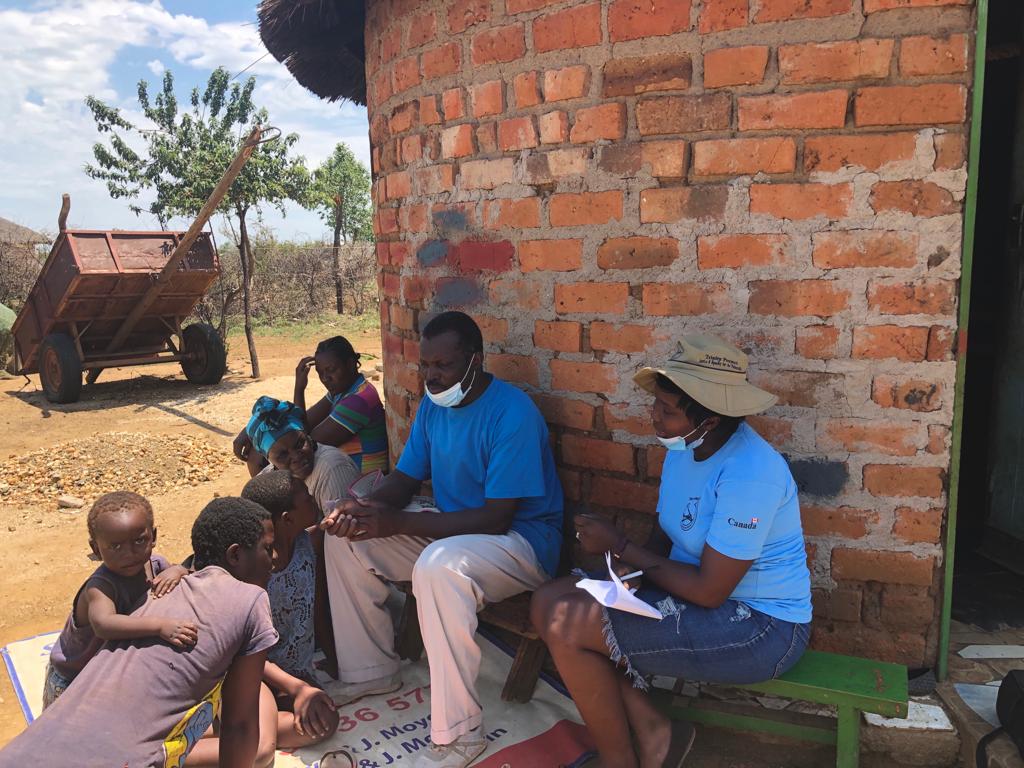
Citizen participation, governance and accountability
To support vulnerable communities in their quest to access social services and decide how their future should be like, Trinity Project supports these organizations to participate in all public civic processes that affect them and happen in their communities.
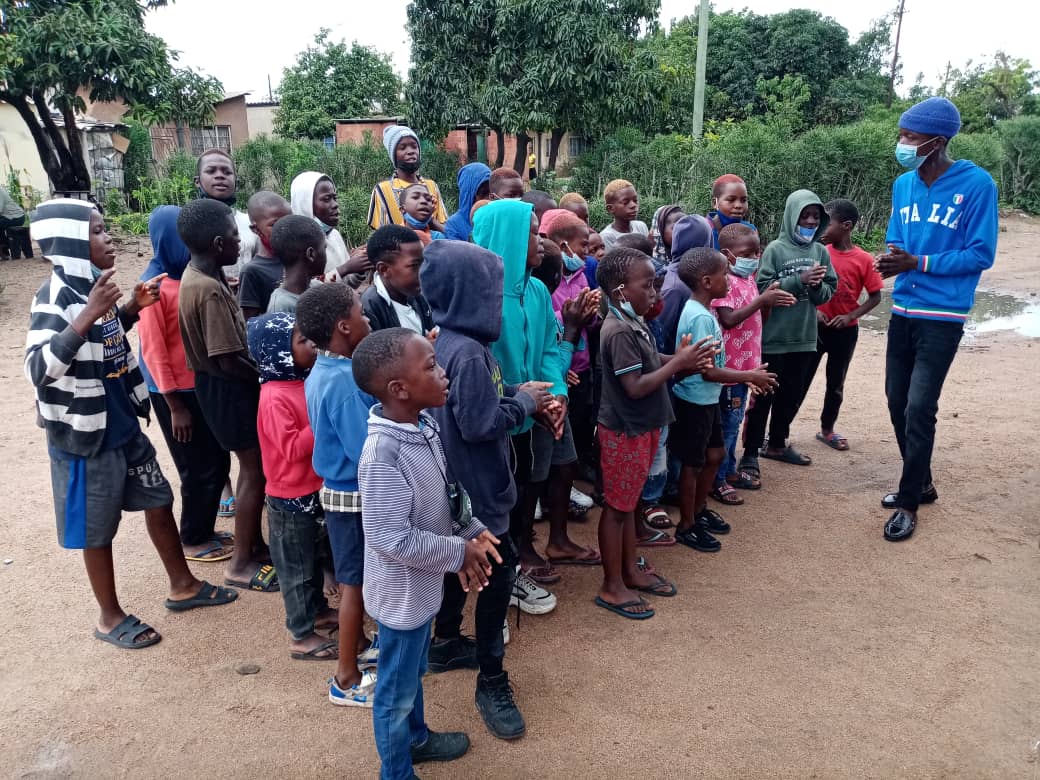
Health
Trinity Project is into demand creation for the uptake of HIV, NCDs and SRH services targeting youth and adults between the ages 10-49 years. Using the Sister to Sister approach, AGYW (15-24) and young men are put into age specific groups and empowered with information and skills on SRH, GBV, HIV and livelihoods.
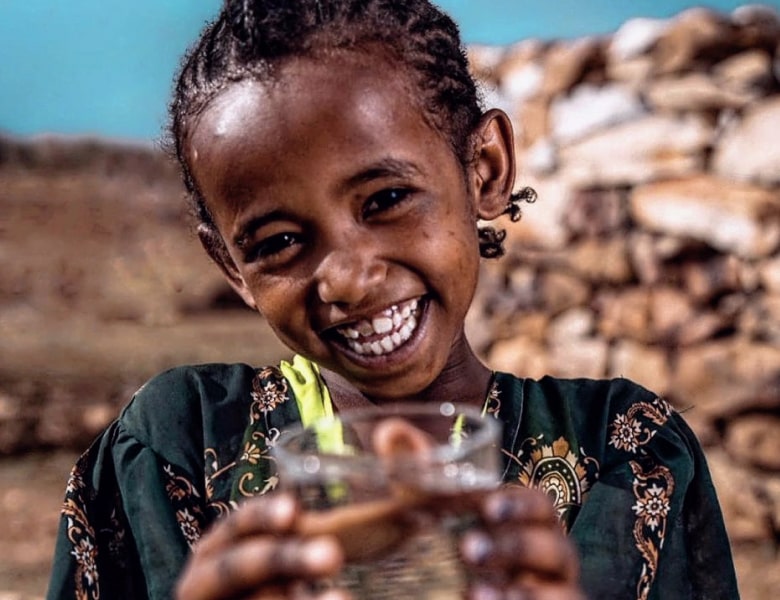
Women Empowerment and Gender Equality
Girls and women fall victim to various forms of abuse namely: property grabbing, sexual gender based violence (SGBV).To reduce inequalities for women and girls the organisation conducts awareness campaigns against SGBV in communities and it provides directs support to survivors of various forms of SGBV through counselling, mediation, access to documentation(birth certificates)
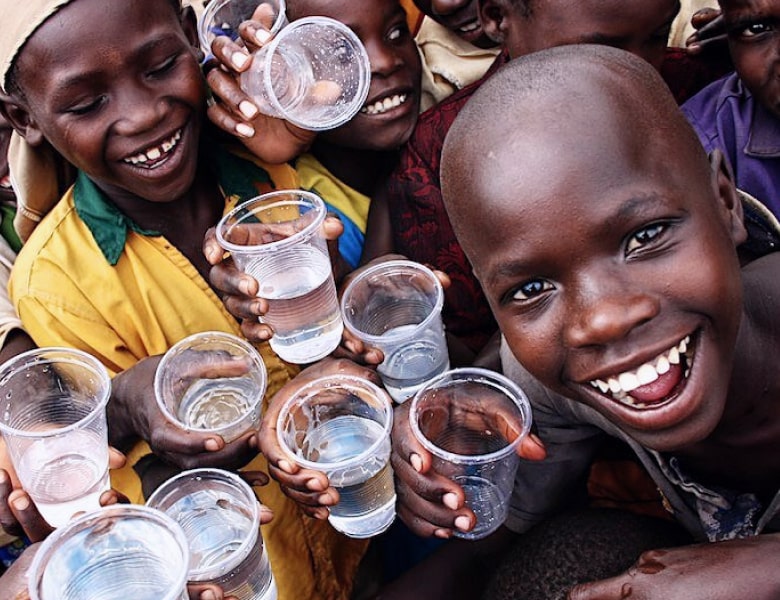
Food and livelihoods security
To promote sustainable livelihoods the organisation promotes food security through low cost nutritional gardens , conservation agriculture, small grains farming , lean season assistance livestock and poultry production. To further improve healthy livelihoods the organisation promotes health and hygience practises through water, sanitation and hygiene interventions Nutrition Gardens.
